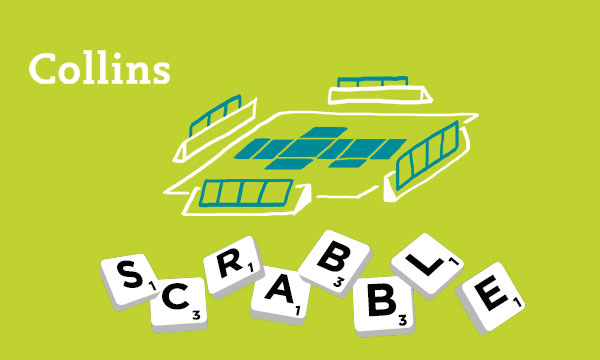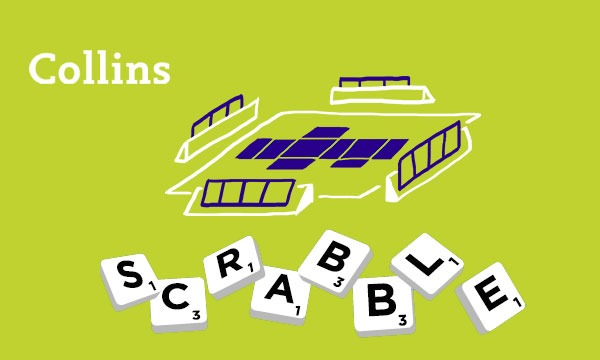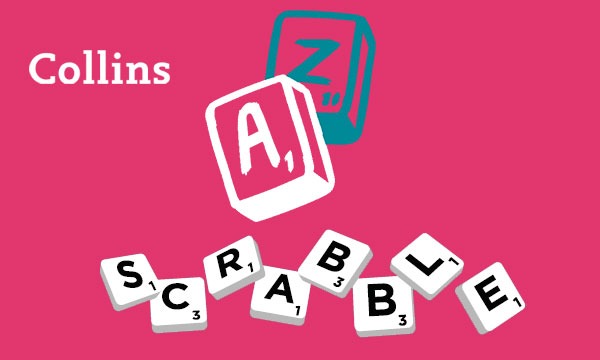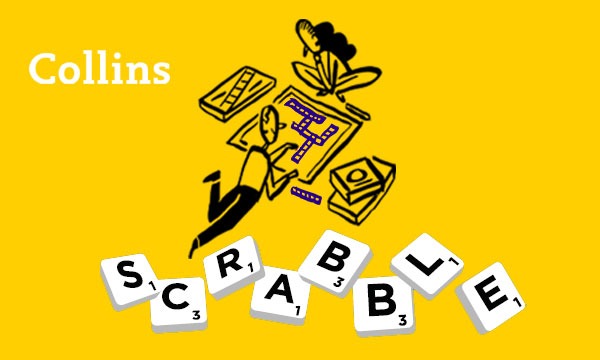For most casual players, the letter that fills them with more dread than any other is the Q. Needing a U to be able to use it with any ‘normal’ word, it can leave you effectively playing with six tiles (removing any chance of a bonus, of course) or force a change and miss a go. So thank QI there are words with Q but no U, and as they are so crucial to getting rid of this rather unwanted letter, we should take a look at some of the most useful:
FAQIR Muslim who spurns worldly possessions
FIQH Islamic jurisprudence
INQILAB revolution (in India, Pakistan)
MBAQANGA South African pop music
NIQAB, NIQAAB veil worn by some Muslims
QABALA, QABALAH, QABALISM, QABALIST ancient Jewish mystical tradition
QADI Muslim judge
QAID Arabic chief
QALAMDAN writing case
QANAT irrigation channel
QASIDA Arabic verse form
QAT African shrub
QAWWALI Islamic song
QI life force
QIBLA direction of Mecca
QIGONG exercise regime
QIN Chinese instrument
QINDAR, QINDARKA, QINTAR, QINTARKA Albanian coin(s)
QOPH Hebrew letter
QORMA same as KORMA (a mild Indian dish)
QWERTY standard English-language keyboard
SHEQEL monetary unit of Israel
TALAQ Muslim form of divorce
TRANQ tranquillizer
TSADDIQ, TZADDIQ Hasidic Jewish leader
WAQF endowment in Muslim law
YAQONA Polynesian shrub
All of these can have an S added to them except QINDARKA, QINTARKA and SHEQALIM, and
QWERTY can have the plural QWERTIES or QWERTYS.
The big one is, paradoxically, the smallest one – QI. With an I on your rack, or usable on the board, the Q should no longer be a major problem to get rid of.
By Barry Grossman
Barry is a leading UK Scrabble player and winner of several tournaments. He is the author of Scrabble for Beginners (Chambers), Need to Know Scrabble, Scrabble – Play to Win and The Little Book of Scrabble Trickster. He has also contributed to numerous other books on the subject of words and word-games, has been a series champion of Channel 4’s Countdown, and has written four comedy series for BBC Radio 4. He lives in Hertford.
All opinions expressed on this blog are those of the individual writers, and do not necessarily reflect the opinions or policies of Collins, or its parent company, HarperCollins.



